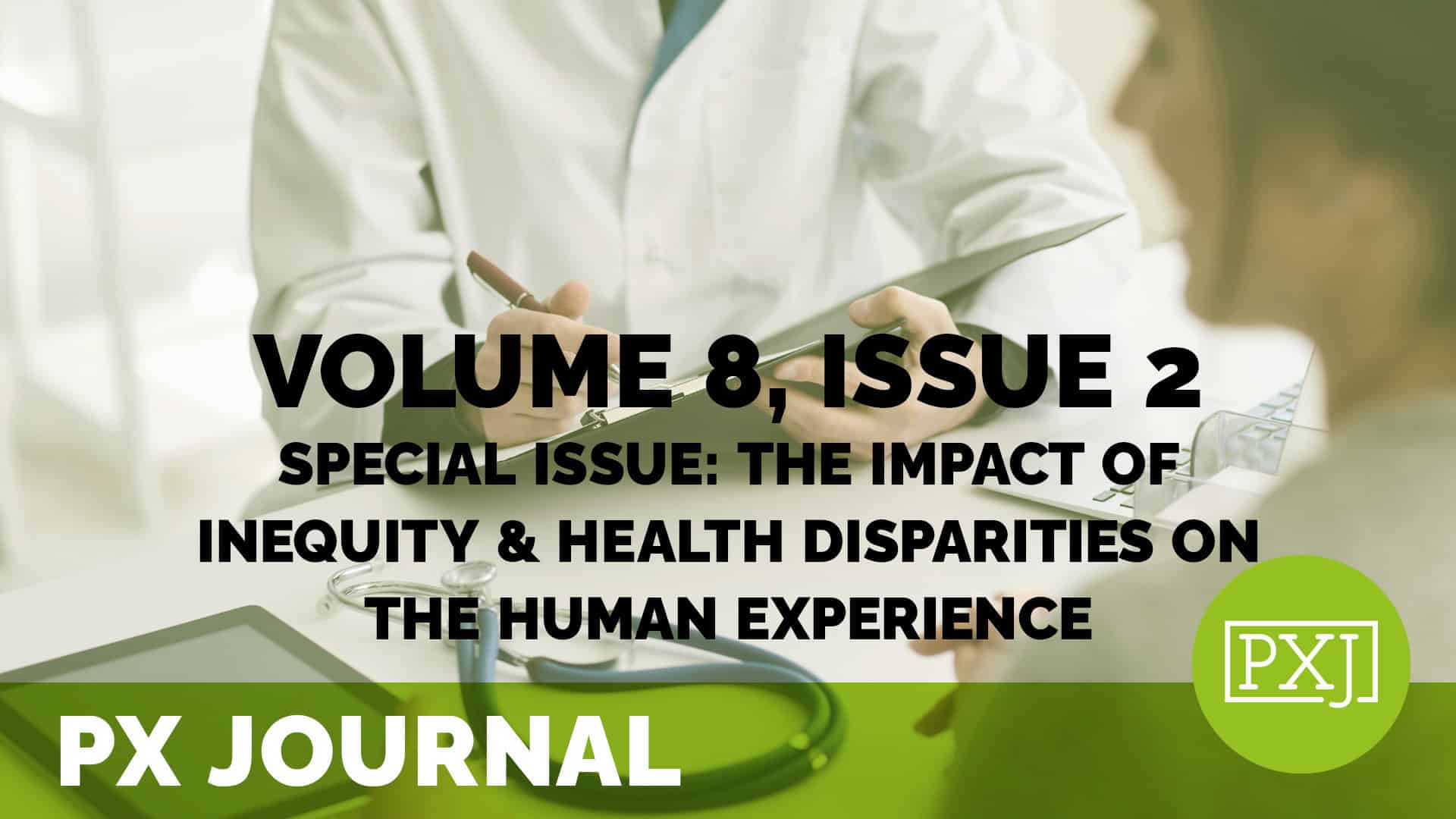Traversing barriers to health care among LGBTQ+ Latinx emerging adults: Utilizing patient experiences to model access
Published August 5, 2021


Enduring multiple sources of marginalization, lesbian, gay, bisexual, transgender, and/or queer (LGBTQ+) youth of color living at the United States-Mexico border navigate stigma and health challenges surrounding their LGBTQ+ and ethnic identities. This study sought to delineate barriers to health care experienced by marginalized young adult patients.
We qualitatively examined the patient experiences of 41 LGBTQ+ Latinx young adults (ages 18-24) in the Rio Grande Valley between 2016 and 2017. Often tied to their experiences of emerging adulthood, most respondents emphasized how financial barriers, including cost of services and disruptions to insurance status, prevented them from seeking care (barriers to care). However, youth also underscored how prior patient experiences tied to their ethnic and LGBTQ+ identities, including apprehension discussing their sexuality with care providers (barriers within care), shaped their health care seeking strategies. This study utilized patient experiences to delineate potential sources of barriers to care experienced by LGBTQ+ Latinx young adults. Practitioners should seek to actively create inclusive and identity-affirming care environments and be sensitive to how prior negative experiences may be deterring young adult patients from seeking care or revealing personal details during the care encounter. If we are to better model access, we need to consider the patient experiences of diverse populations.
Related content
-
Culture & Leadership | Patient Family & Community Engagement | Policy & Measurement | Staff & Provider Engagement
Pulse Check: Perspectives on Human Experience
Published September 19, 2025

Complimentary – This 30-minute session will explore key headlines from the most recent PX Pulse report and findings from the State of Human Experience 2025 study. Participants will engage in discussion on consumer perspectives on the current state of healthcare, review the biggest trends in human experience, and reflect on how these insights will impact both
Learn more -
Patient Family & Community Engagement
“All Together”: A Case Study Demystifying Patient and Public Involvement (PPI) in Brief Psychological Interventions within a Community Mental Health Service for Adults in the UK
Published August 8, 2025

The importance and value of involving patients and the public in the decision-making processes within services designed to support them, and research projects aimed at understanding and improving those services, have long been established. This is often referred to as Patient and Public Involvement (PPI). However, establishing good quality involvement work in practical terms is
Learn more -
Patient Family & Community Engagement
Making Volunteer Data Meaningful: Driving Patient Experience Outcomes
Published November 23, 2025

Volunteers play a crucial role in the patient experience, but their impact can remain unseen without the right data. In this PXLB, Roseanna Galindo shares how a simple data strategy can transform volunteer efforts from anecdotal support into measurable, strategic value. She offers quick, practical steps to start small, track what matters, and ensure volunteer
Learn more
